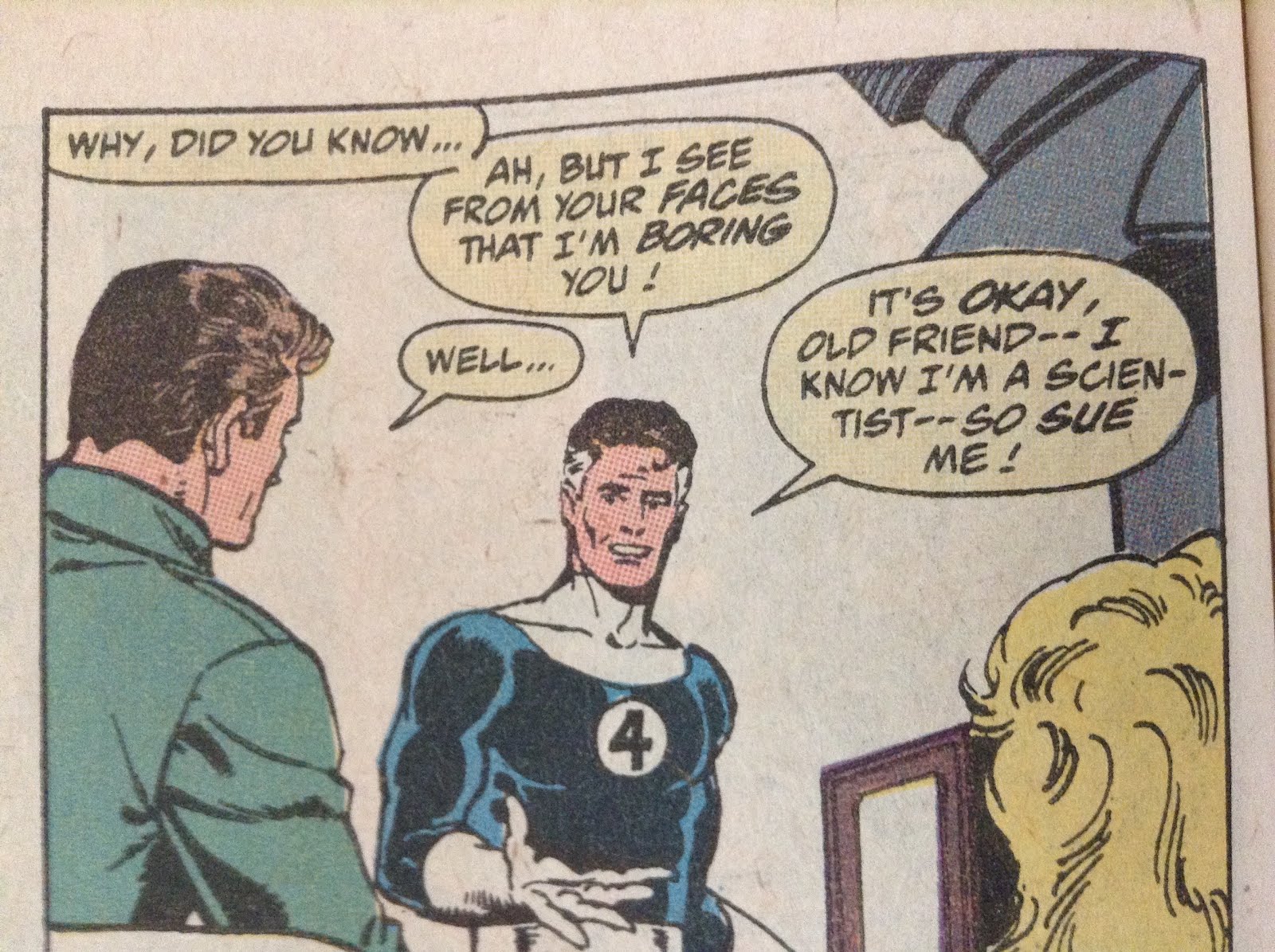Last night Aaron Sorkin was on Charlie Rose promoting his Steve Jobs film. He had a stammering fit. He actually had epilepsy I believe. He had a "special" meltdown. He had a hoedown in his mouth.
All the while Charlie and Danny Boyle were extolling his hyper-real signature style ( –– they thought it was a good thing for society), which was (they said) a heightened simulacrum of naturalism. "Dialogue as action scenes," Danny Boyle gushed. "We edit out all glottal pauses," Sorkin stuttered. "Our characters don't have time to breathe."
Then Charlie had to give him the Heimlich maneuver.
The perfect image of the state of the art of writing: inarticulate writers fantasizing the illusion of themselves as drawing room wits.
I was, meanwhile, lying on my back on the floor half-heartedly doing crunches, as I always do through Charlie Rose, and I said to my wife, "That's just what I was saying was the problem with these two new comics."
I referred to the reboots of IRON MAN and SPIDER-MAN (Slott and Bendis the culprits respectively). Perhaps my malaise with this sort of writing is generational and people born after me have a facile love of this superficial sort of Hollywood wisecracking.
Nothing happens in either book. They are each of them long, dull, conceited, badly-done masturbation before their last panels, so bombastic witticisms (which NB they are not) is all the "action" you get.
In Iron Man Tony "Starks" goes on a date and tries to make his dinner date's flesh creep with the super-power of sheer smarm. His dinner date, it turns out, is not sickened by him. Being a creation of BENDIS ( –– I accidentally wrote "BENIS" ––) she is as much of a Mary Sue as he is.
You would think that after the upside-down fudge cone Bendis made of the "ongoing" Ultimate Universe Secret Wars book (which has mysteriously disappeared from our shelves in a flurry of unanimous bad reviews) Marvel would hesitate before giving him more prime property to rend a poor fist from.
Not the case. Somebody up there seems to like Benis.
There is a dwarf star up there shaped like Bendis.
The new Doctor Strange comic reinvents the title character (who had a well–crafted aloofness in Lee and Ditko's early stories and then particularly in the Englehart/Colan phase) as Tony Stark in Greenwich Village.
I can imagine the rationale: "They both have black hair and moustaches after all. And Iron Man is really popular now. At least his films are."
(They don't know whether to draw Iron Man to have him look like Robert Downey Junior or not. So you get what you always did, a vague man with a moustache.)
Poor trivialization of Doctor Strange. Maybe they decided that Hickman took the characters to their logical end when the 616 universe burnt to cinders in the last panels of Avengers #44, and henceforth they can be recast as tween-YA burlesques of themselves.
Mary Sues abound in Slott's Spider-Man too. Slott seems to have forgotten that comics are meant to have a plot, not to be one long dream-fulfilment phantasy. Stan Lee, peeved at society's mistreatment of himself, originally imagined Peter Parker as a downtrodden omega male who revenged himself through violence. (Like the Punisher.) Slott, writing in 2015, has fantasies of being a benevolent charity worker. His fixation with charitable organizations is quite extraordinary. Perhaps he has forgotten he is writing a comic book. Slott wants to show Peter Parker's benevolence and liberalism and piousness in as many scenarios as possible. It's like listening to a pledge drive. In one panel, Parker says, "I've capped my salary at middle management level. As long as my pracices are keeping profits down I just can't justify paying myself more than my junior execs. Next question?"
Next question: What does $5.99 for a comic book get you these days? I might as well have given it to NPR.
Stan Lee, it hardly need be said, embedded scores of flaws, not all pleasant to admit, into Peter Parker and made it into a great narrative. This generation of writers has lost sight of that, the beautiful flaws of mankind, and so these comics are wish-fulfilment fantasies by squat bald men. Apparently they dream of being popular and benevolent. Scott's Silver Surfer is the same: the title character sails across the known cosmos with a comic nerd's fantasy girlfriend on the end of his surfboard, spouting precious stuff. I'd be furious if I didn't fancy the character ("Dawn Greenwood") so much myself.
In his latest reboot Spider-Man sings with auto-tune as he flirts with Mockingbird, til you wish he would please stop. Compare to the ghastly scene of the female lesbian Captain America doing a dance and taking a selfie on the moon in the new Avengers #0.
Spider-Man next starts up a charitable institution.
He simpers benevolently at his own progressiveness at a same sex wedding.
I also have a sinking feeling that the artists have been expressly asked if they would make Peter Parker look like Timothy Olyphant.
You might wonder why I bought these comics, knowing as I do (and I learned it hard) the bad tendencies of both writers. Head in hands I reply that I had pathetically sought some insider dirt as to how Secret Wars ends, since Marvel has bollixed the release dates of Secret Wars and are this week publishing books that take place after Secret Wars in continuity.
The answer is that nothing has happened. Marvel has summarily frittered away any narrative tension Secret Wars might have had. Without telling us how Secret Wars ends, Marvel has killed any dramatic uncertainty by emphasizing conclusively that after the excellent aberration of Hickman's last run on two Avengers titles, we are now resolutely back dead-center and neck deep in the Bendis-Slott-verse.
